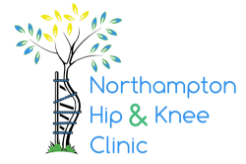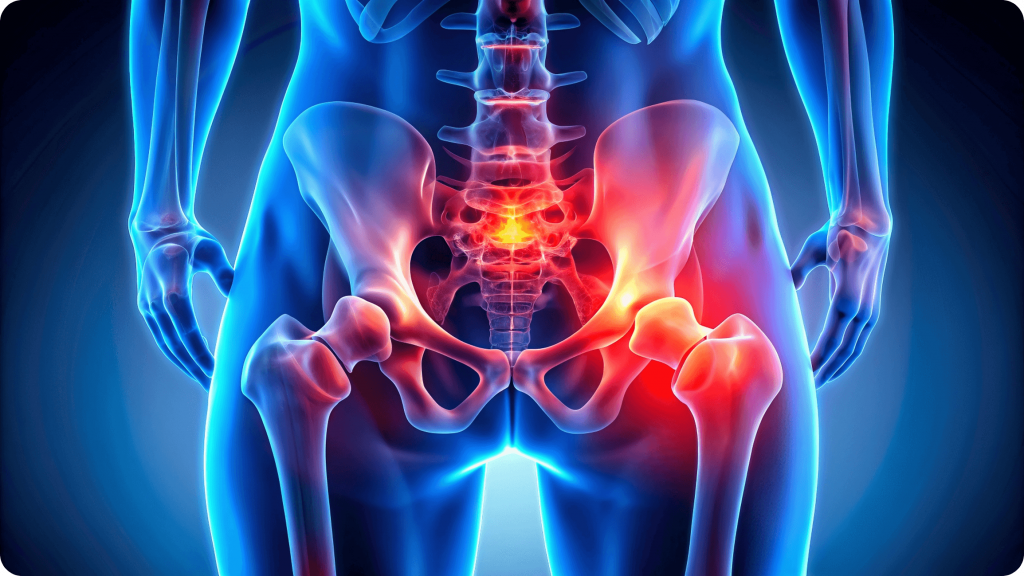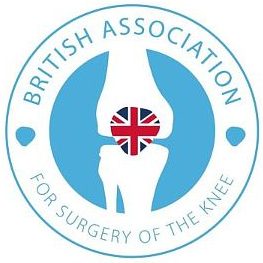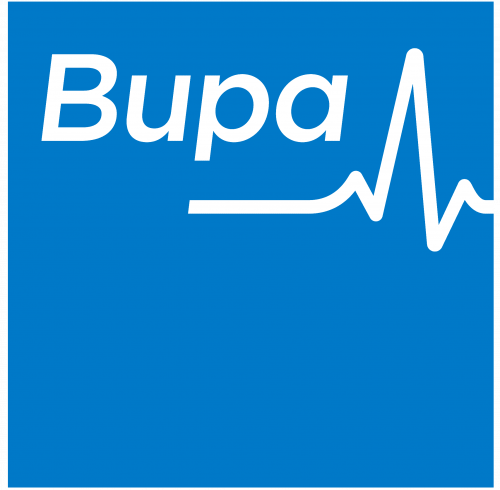Bone health is an essential aspect of overall well-being, particularly as we age. Strong, healthy bones support mobility, protect vital organs, and contribute to a high quality of life. However, conditions like osteoporosis can compromise bone strength, increasing the risk of fractures and long-term disability.
At Northampton Hip and Knee Clinic, we believe in taking a proactive approach to maintaining bone health. This includes exploring the latest treatments, lifestyle changes, and hormone replacement therapy (HRT) options to reduce the risk of osteoporosis and its complications.
What is Osteoporosis?
Osteoporosis is a condition in which bones become weak, brittle, and more prone to fractures. It is often referred to as the “silent disease” because it progresses without obvious symptoms until a fracture occurs. Osteoporosis can affect men and women of all ages but is most commonly seen in postmenopausal women due to hormonal changes.
Causes and Risk Factors for Osteoporosis
Several factors can contribute to the development of osteoporosis, including:
- Age: Bone density naturally decreases as we age, particularly after the age of 50.
- Gender: Women are at a higher risk, especially postmenopausal women due to a decrease in oestrogen levels, which plays a key role in maintaining bone density.
- Genetics: A family history of osteoporosis or fractures can increase the risk.
- Lifestyle factors: Lack of physical activity, smoking, excessive alcohol consumption, and poor nutrition can weaken bones over time.
- Medical conditions and medications: Certain medical conditions (e.g., rheumatoid arthritis, coeliac disease) and long-term use of corticosteroids can contribute to bone loss.
How to Maintain Good Bone Health
Maintaining strong bones is crucial for reducing the risk of fractures and osteoporosis. Here are some steps you can take to improve and protect your bone health:
1. Nutrition
- Calcium and Vitamin D: Ensure your diet is rich in calcium (found in dairy products, leafy greens, and fortified foods) and vitamin D (from sunlight exposure, fatty fish, and supplements). Both are essential for building and maintaining strong bones.
- Balanced diet: A balanced diet that includes fruits, vegetables, and lean proteins provides the nutrients your bones need to stay healthy.
2. Exercise
- Weight-bearing exercises: Activities such as walking, jogging, and strength training can help maintain bone density by promoting bone growth and strength.
- Resistance training: Exercises like lifting weights or using resistance bands help strengthen the muscles around bones, improving overall stability and reducing the risk of falls and fractures.
3. Lifestyle Choices
- Avoid smoking and excessive alcohol: Both smoking and excessive alcohol consumption are linked to reduced bone density and an increased risk of osteoporosis.
- Regular bone health assessments: If you’re at higher risk for osteoporosis, it’s important to have regular bone density scans (DEXA scans) to monitor your bone health.
Hormone Replacement Therapy (HRT) and Bone Health: A Balanced View
Hormone Replacement Therapy (HRT) is a treatment commonly used to manage symptoms of menopause by replacing the oestrogen and progesterone that the body no longer produces. While HRT is often discussed in relation to symptoms like hot flushes and mood changes, it also plays a significant role in maintaining bone density and reducing the risk of osteoporosis.
Benefits of HRT for Bone Health
- Prevents bone loss: HRT can prevent the rapid bone loss that occurs after menopause by replacing oestrogen, which helps maintain bone density.
- Reduces fracture risk: Studies have shown that women who take HRT have a significantly lower risk of hip fractures and other osteoporotic fractures compared to those who don’t take it.
Considerations and Risks of HRT
While HRT can be an effective tool for maintaining bone health, it is important to consider the potential risks and benefits on an individual basis. Some of the potential risks of HRT include:
- Increased risk of blood clots: HRT may slightly increase the risk of blood clots, particularly in women who are already predisposed to these conditions.
- Breast cancer risk: Long-term use of combined oestrogen-progesterone HRT may be associated with a slightly increased risk of breast cancer, although the risk diminishes once HRT is discontinued.
- Cardiovascular health: Some studies suggest that HRT may increase the risk of stroke or heart disease in older women, especially when started later after menopause.
Who Should Consider HRT?
HRT may be recommended for women who are experiencing moderate to severe menopausal symptoms and are also at high risk of osteoporosis. However, it is essential to have a personalised consultation with your healthcare provider to weigh the benefits and risks based on your health history, age, and personal preferences.
Alternative Treatments for Osteoporosis
For those who are not candidates for HRT or who prefer not to use it, there are other treatments available to prevent or treat osteoporosis:
1. Bisphosphonates
- These medications slow bone loss and reduce the risk of fractures by inhibiting the activity of cells that break down bone tissue. They are commonly prescribed for osteoporosis.
2. Selective Oestrogen Receptor Modulators (SERMs)
- These medications mimic the effects of oestrogen on bone without affecting other tissues. Raloxifene is one example that helps maintain bone density and reduce fracture risk in postmenopausal women.
3. Calcium and Vitamin D Supplements
- For those who may not get enough calcium and vitamin D through their diet, supplements can help ensure adequate intake to support bone health.
4. Parathyroid Hormone Therapy
- This treatment is used in more severe cases of osteoporosis to stimulate bone formation and increase bone density.
A Personalised Approach to Bone Health
At Northampton Hip and Knee Clinic, we understand that every patient’s bone health needs are different. Whether you are looking to prevent osteoporosis, treat bone loss, or explore the role of HRT in maintaining bone health, Mr Pierre Nasr and our specialist team are here to provide personalised care and guidance. Our goal is to help you achieve optimal bone health and reduce your risk of fractures through a combination of lifestyle changes, medical treatments, and ongoing support.
Take Control of Your Bone Health Today
If you are concerned about your bone health or at risk for osteoporosis, don’t wait until a fracture occurs to take action. Contact Northampton Hip and Knee Clinic today to schedule a consultation and explore your options for maintaining strong, healthy bones throughout life.















